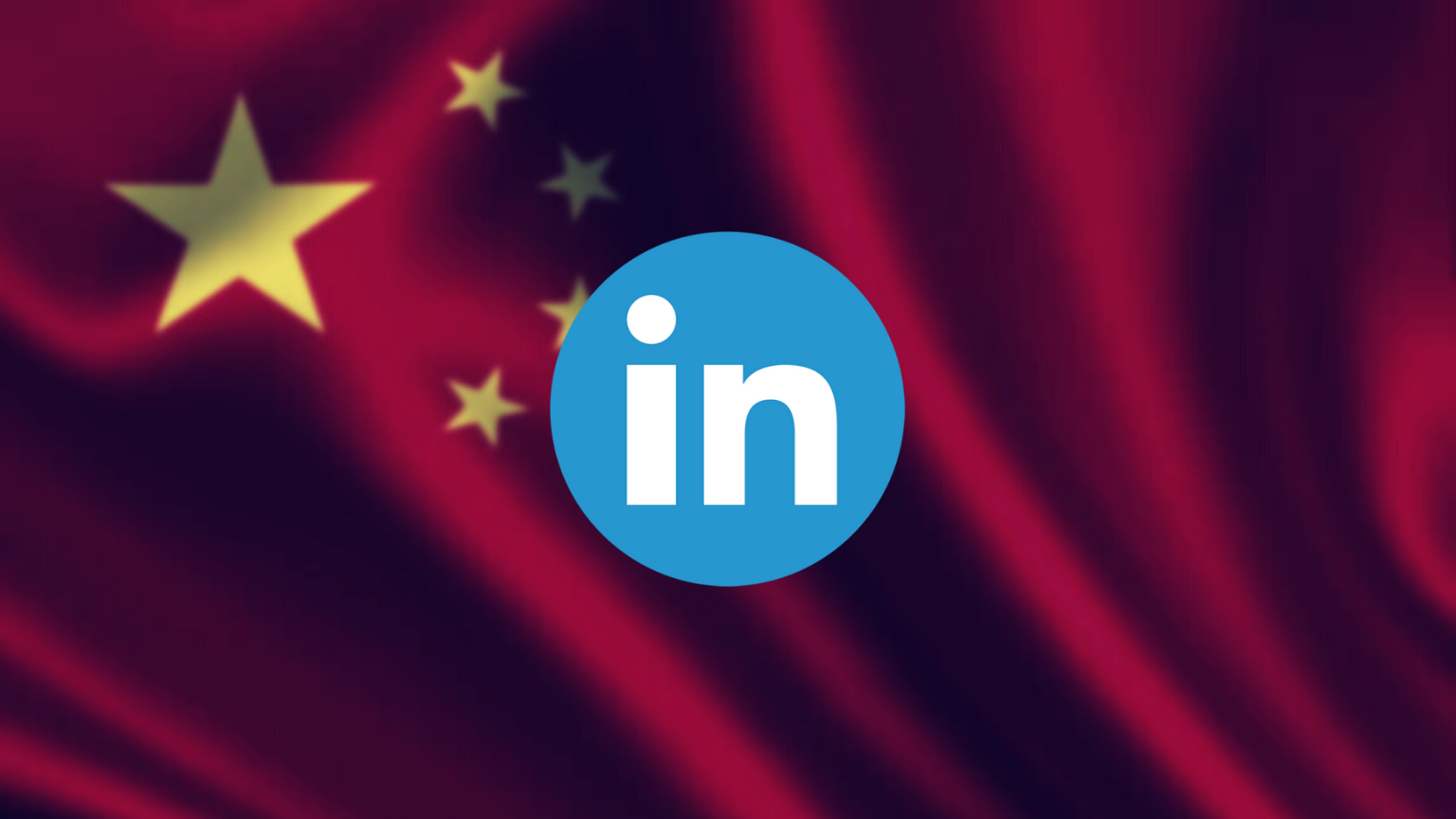Microsoft’s professional networking platform LinkedIn has been accused of censorship of content critical of the Chinese government. The platform seems to be increasing censorship of anti-Chinese government content to remain in the good books of Beijing.
Former British journalist and corporate investigator Peter Humphrey, from Surrey in England, claims LinkedIn censored his content where he described the Chinese government as a “repressive dictatorship,” and blasted the nation’s state-controlled media for being “propaganda mouthpieces.”
Humphrey was arrested in China in 2013 for “illegally acquiring personal information” of Chinese citizens and claims his confession, aired on the state-controlled broadcaster China Global Television Network (CGTN), was made under duress. He was released in 2015 and deported to the UK. Since then he has been critical of the autocratic Chinese government and CGTN.
Humphrey says that in late April, LinkedIn notified him that his comments criticizing the Chinese government and CGTN had been removed for “bullying and harassment” or “spam and scams.” He could not access his account on April 26. He was greeted with a notification that said his account had been restricted because of “behavior that appears to violate our Terms of Service.”
Some, not all, of his comments were restored after LinkedIn was contacted about the issue.
“Our team has reviewed the action, based on our appeals process, and found it was an error,” said Leonna Spilman, a spokeswoman for LinkedIn to Bloomberg, who was investigating the issue. She did not provide more details on the restriction of the account and the censorship.
It was not the first time Humphrey was censored by LinkedIn. In 2018, his profile was restricted in China because of the “presence of specific content.” At the time, BuzzFeed News contacted the platform, and they said the censorship was done in error and it would be “updating our internal processes to help prevent an error like this from happening again.”
LinkedIn launched in China in 2014, under the name Lingying. It is the only US-based social networking platform that is allowed to operate in China. But to remain legal in the country, it has to comply with the government’s content restriction guidelines. However, the platform does not specify what types of content it restricts.
Humphrey is not the only Chinese government critic to have had his content censored on LinkedIn. An employee at Human Rights Watch, who is not based in China, and preferred to remain anonymous, claimed her account was suspended on the Chinese version of LinkedIn for posting “prohibited content.”
“While we strongly support freedom of expression, we recognized when we launched that we would need to adhere to the requirements of the Chinese government in order to operate in China,” LinkedIn wrote in an email notifying the Human Rights Watch employee that her account was suspended. She was told that her account would only be restored after removing the “prohibited content.” But the email did not specify what content she was supposed to remove.
Unlike in Humphrey’s case, LinkedIn refused to restore her account.
“Our team has reviewed the profile and we are upholding this decision based on our Professional Community Policies,” Spilman, the LinkedIn spokesperson, said. “We’re a global platform with an obligation to respect the laws that apply to us, including adhering to Chinese government regulations for our localized version of LinkedIn in China.”
Humphrey blasted LinkedIn for censoring his content and accused the platform of “kowtowing to China.”
“This highlights the partial control that China has over LinkedIn,” Humphrey added. “They made me a non-person. Only under pressure from journalists calling did they draw their horns and reverse course.”
Some see Humphrey’s case as a worrying sign that Microsoft might begin censoring content critical of China not only for Chinese users but also globally.
“LinkedIn pretends that what happens in China stays in China and that the policies that its China-based operation has don’t bleed into global policies,” said Isaac Stone Fish, the CEO of Strategy Risks, a consultancy firm specializing in corporate relations with China. “But this is a pretty clear example of LinkedIn’s China policies hurting its global commitment to freedom of speech and expression.”










